How Elizabeth’s nutritious porridge mix became her livelihood
Can you tell me a bit about your situation: family, children, work, role in community etc.
“I live a poor life economically; my husband left a while back and I currently live with my mother and two children. To support my family, I work in agriculture (maize, sunflower and bean cultivation) However, this work is seasonal and does not provide a steady or secure income.”
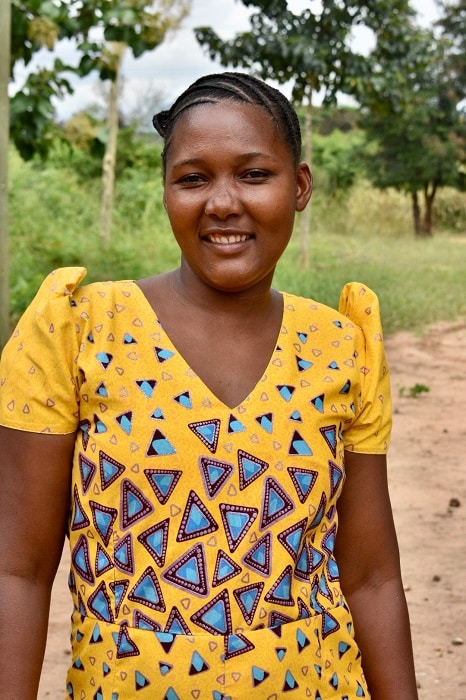
What problems are there in the community which your business helps to address?
“My business aims to solve health problems and malnutrition within the community. People, regardless of their age might use flour to meet dietary needs. There are currently villagers who need flour but must travel to Mikumi [the nearest town, 27km away] to purchase. If the flour was readily available inside the village, this would solve the challenge of people having to travel far away; saving both time and money.”
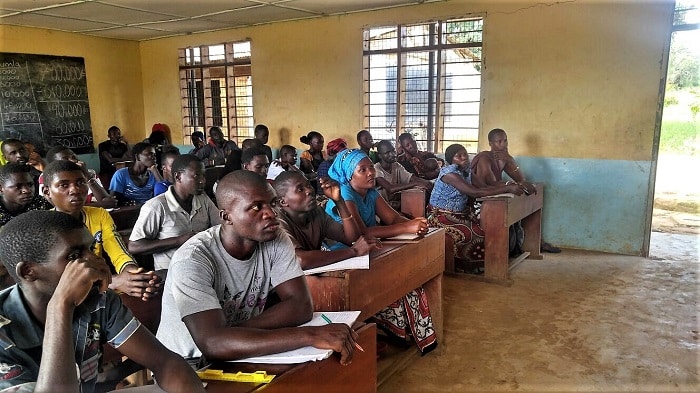
When asked about how she first became committed to producing this nutritious porridge in her pitch for a grant, Elizabeth told the panel about an experience which inspired her: a while ago she needed to take her young daughter to hospital when she was unwell. The doctors in the hospital commended Elizabeth on the diet she was providing for her daughter, particularly the nutritious porridge they noticed she was feeding her. Doctors there advised her that many young children in rural Tanzania are in need of this nutritious source of food. Elizabeth decided to act.
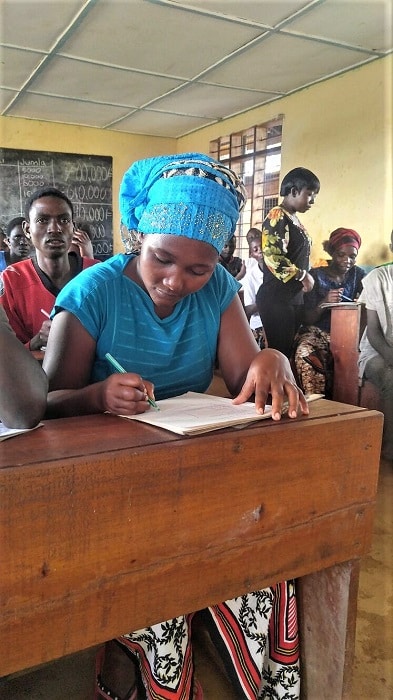
What progress did you make with your business whilst the Raleigh training was ongoing over the last few months?
“So far I have partnered with local organisations such as becoming a supplier at the local market which appears in the village two or three times a month. I also supply flour at the travelling health clinic, where one Thursday every month women meet and bring their children who need health services. By providing a door-to-door service I will be able to sell a nutritious flour and have approached the school to discuss further opportunities for reaching children and families in need.”
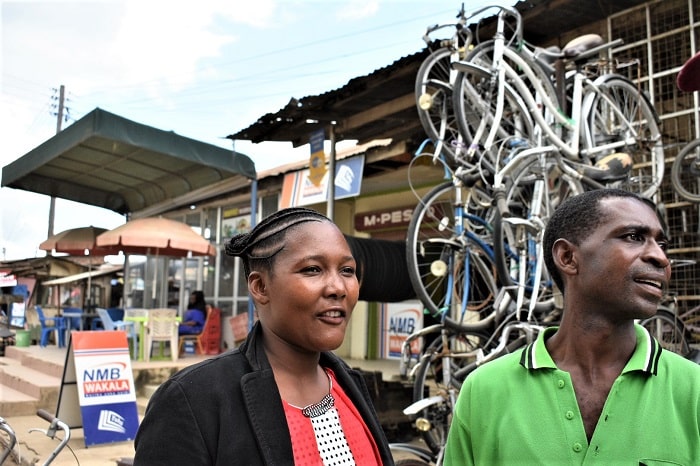
What are your future plans for your business?
“I plan to expand my business to nearby villages. Previously, I was unable to due to lack of capital which meant I had no way of reaching customers residing in further villages and so my business failed. I also lacked business management skills, but from the training provided by Raleigh, I now understand how to run a business and have the knowledge to ensure success this time round.
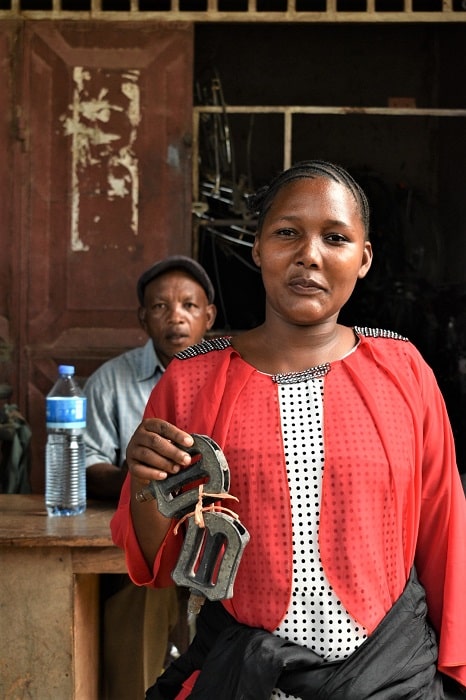
What other problems are there in the community which a new business could help to address? What kind of businesses would be important to the community?
“I think there are opportunities to solve other health problems. The current health centre lacks resources and only has a small amount of malaria tests, I think a health laboratory, or the presence of a more frequent travelling health clinic would help. Another business that is needed within the community is a money transaction business, as people currently need to travel to Mikumi to send money.”
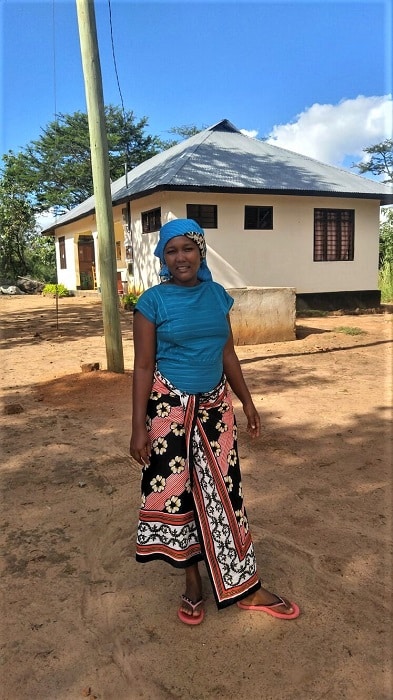
What are your hopes for the future of your business? What do you want to be doing in 5 years’ time, 10 years’ time?
“In five years I hope to have expanded my business to run up to district level. I’m also thinking that I can develop other businesses to meet nutritional needs such as selling fruit juices.”
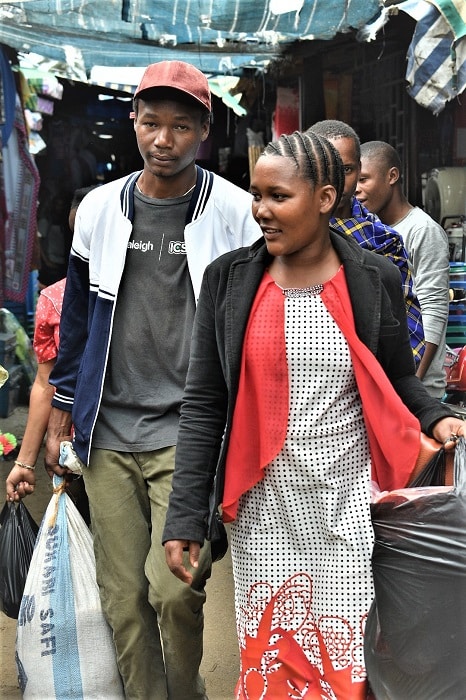
“Young people are energetic and bring productivity.” – Elizabeth.
Thanks to the support of the Raleigh ICS Livelihoods training programme and the young volunteers, Elizabeth is now starting a business taking orders, manufacturing and delivering her nutritious porridge flour mix to the village Ihombwe, Kilosa, the village she lives in. Elizabeth hopes to expand to supply local villages as her profits increase. She has now bought a bicycle to deliver with and ingredients to make her nutritious porridge mix.
From cash flow to value propositions, revenue streams to customer relationships, Elizabeth now has the business acumen to address the issue of the lack of nutrition in Ihombwe whilst managing her business sustainably.
Hongera Elizabeth!
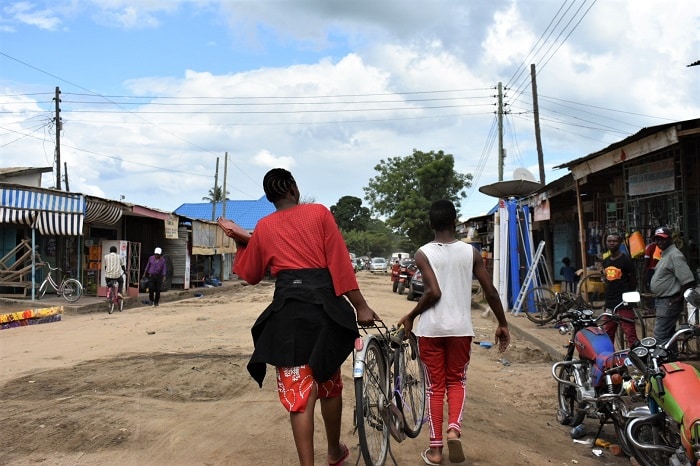
Interview conducted by ICS volunteer Team Leaders, Hollie and Kalogi. Blog post by Communications Officer, Rebbie Webb.
Follow the progress of our programmes on Facebook and Instagram. Read our last blog post about Alphonsia and Mussa to discover more stories about the entrepreneurs.



